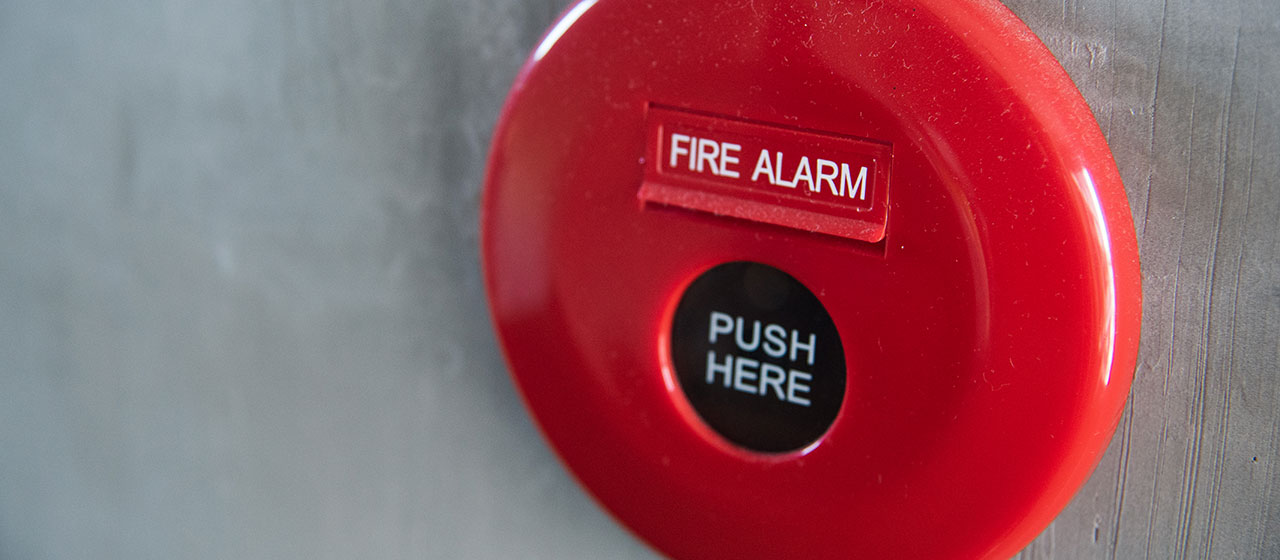NFPA 72 Testing And Inspection Requirements: What You Need To Know

Fire safety is of utmost importance, especially in commercial buildings where large numbers of people gather. One essential aspect of fire safety is the proper installation and maintenance of fire alarms and detection systems. The National Fire Protection Association (NFPA) has established guidelines for testing and inspection requirements to ensure the effectiveness of these systems. In this article, we will delve into NFPA 72 testing and inspection requirements, specifically focusing on smoke detectors in commercial settings. Understanding these regulations is crucial for building owners, facility managers, and anyone concerned with fire safety equipment.
NFPA 72: Overview And Significance
NFPA 72, also known as the National Fire Alarm and Signaling Code, is a comprehensive standard that outlines the installation, testing, and maintenance of fire alarm systems, including smoke detectors. The primary goal of NFPA 72 is to safeguard life and property by establishing best practices for the design and operation of fire detection and signaling systems.
Commercial buildings, such as office complexes, shopping malls, hotels, and industrial facilities, need to adhere to NFPA 72 to comply with local fire codes and insurance requirements. Proper implementation of NFPA 72 ensures that fire alarm systems are functional, reliable, and capable of detecting potential fire incidents promptly.
NFPA 72 Requirements For Smoke Detectors in Commercial Buildings
Smoke detectors are vital components of fire alarm systems, responsible for detecting smoke and initiating the alarm process. NFPA 72 has specific requirements for the installation, testing, and maintenance of smoke detectors in commercial buildings.
- Placement and Coverage – The positioning of smoke detectors is critical to ensure effective coverage and early detection of smoke. NFPA 72 provides guidance on the appropriate placement of smoke detectors based on factors such as the type of commercial facility, ceiling height, and potential obstructions. Proper coverage ensures that smoke can be detected in all areas of the building, leaving no blind spots.
- Sensitivity and Calibration – Smoke detectors should be calibrated to ensure their sensitivity aligns with the specific environment they are installed in. This calibration prevents false alarms while maintaining the capability to detect even the smallest traces of smoke. Regular calibration checks are necessary to verify that the smoke detectors remain within the required sensitivity range.
Regular Testing and Inspection Requirements
To ensure the continuous functionality of fire alarm systems, NFPA 72 mandates regular testing and inspection of smoke detectors in commercial buildings. These requirements help identify any issues promptly and ensure that the systems are ready to respond in case of an emergency.
- Testing Frequency – NFPA 72 outlines the testing schedule for smoke detectors, specifying the frequency of testing. Typically, there are monthly, semi-annual, and annual tests that need to be conducted. Monthly tests are often functional tests performed by facility personnel, while more comprehensive tests are carried out by qualified technicians during semi-annual and annual inspections.
- Functional Testing – Monthly functional testing involves simulating smoke or conducting tests using approved aerosols to ensure the smoke detectors activate the fire alarm system correctly. During these tests, facility staff checks for any physical damage, obstructed sensors, or faulty connections that may impair the detectors’ performance.
- Sensitivity Testing – Semi-annual and annual inspections include sensitivity testing of smoke detectors. This testing is carried out using calibrated equipment to verify that the detectors respond to smoke within the prescribed sensitivity range. If any deviations are detected, adjustments or replacements are made accordingly.
Documentation And Record-Keeping
Maintaining comprehensive records of all testing and inspections is a crucial aspect of NFPA 72 compliance. Building owners or facility managers must keep detailed documentation of each test, inspection, maintenance activity, and any corrective actions taken. These records serve as essential evidence of compliance with the standard and can be reviewed during audits or inspections.
Importance Of Compliance With NFPA 72
Compliance with NFPA 72 is not only a legal requirement but also an essential step in ensuring the safety of occupants and protecting property. Non-compliance can result in fines, penalties, and increased liability in the event of a fire incident. Moreover, insurance companies may require evidence of compliance to validate coverage.
NFPA 72 smoke detector requirements for commercial buildings are essential for ensuring the effectiveness of fire alarm systems and the safety of occupants. Proper installation, regular testing, and adherence to the guidelines are crucial steps in mitigating the risks of fire incidents. Building owners and facility managers must prioritize compliance with NFPA 72 to meet fire codes, and insurance requirements, and, most importantly, to protect lives and property from the devastating consequences of fires.
